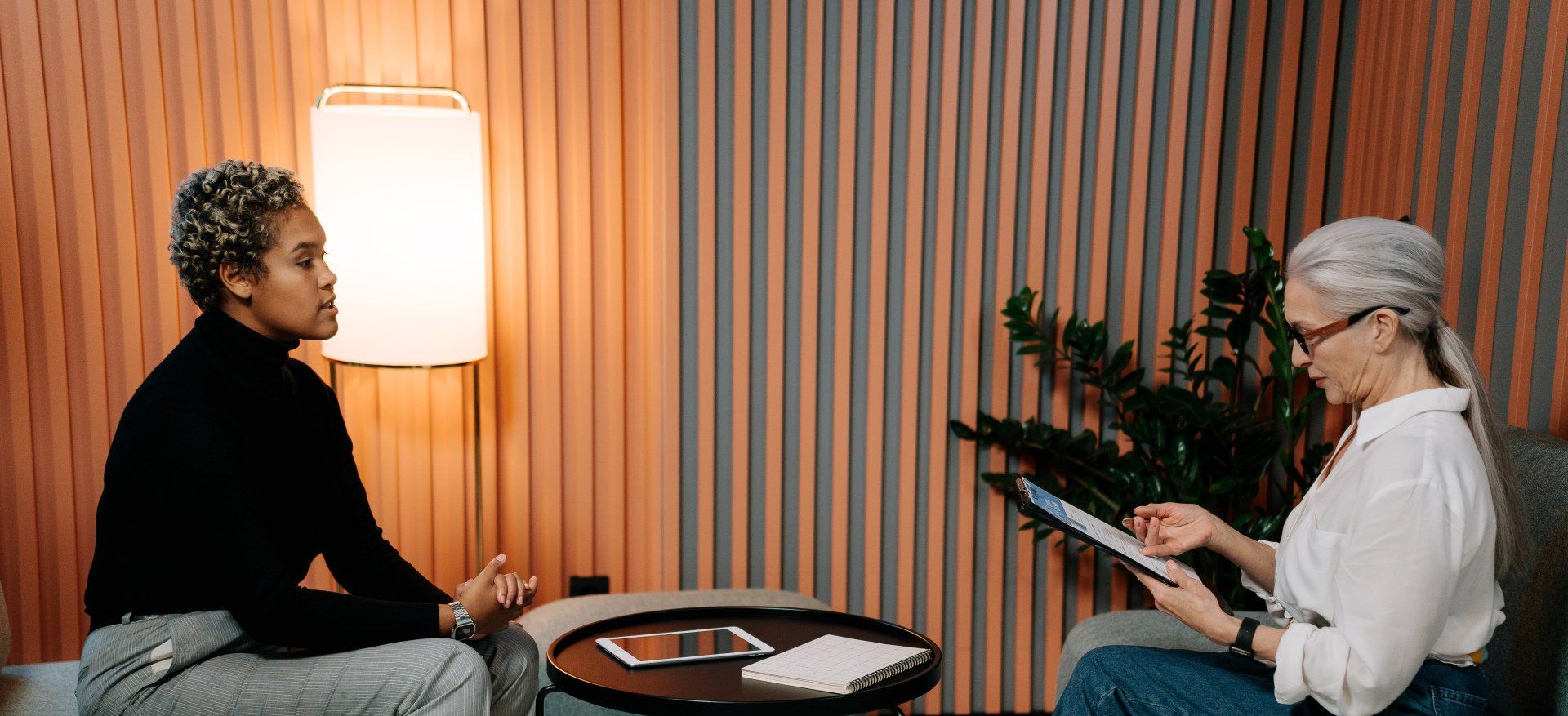INTERVIEW PREPARATION
1. PRESENTATION – FIRST IMPRESSIONS REALLY COUNT:
It might seem obvious but making sure you are dressed appropriately for the interview is really important. Dress as though you are going to a formal client meeting i.e. suit or skirt with jacket. Good grooming just sets the standard too.
2. PLAN AND RESEARCH:
- Take time to do some research on the firm you are interviewing with. Take a look at their website and find useful information about the firm’s culture, clients and areas of expertise.
- Research your own resume. Make sure you know your own history as well as the interviewer.
- It is always good to have specific examples you can refer to of work you have done and what you did in respect to that particular piece of work (i.e. did you lead, act as the junior, do the preliminary or final drafting).
- It is good to also think about how you would introduce yourself in a brief way if asked that at the outset, why you are interested in the role/team/firm and where you would like your career to be heading in the next 2-5 years.
- Timing – try to allow plenty of time to get to the interview. Plan to be early.
- Make sure you turn off your mobile phone prior to the interview
- Drink plenty of water before the interview rather than coffee so that your head is clear. Peppermint tea is great for mind clarity!
3. BODY LANGUAGE AND POSTURE
There is a really good TED talk by Amy Cuddy around body language and how standing in a posture of confidence, even when we don’t feel confident can make a difference.
4. THE INTERVIEW - RELAX:
- Take a moment to empower yourself. Lift up your arms in a powerful gesture like Amy suggests (you might need to do this in a discreet place.) Take a few deep breaths and focus your mind in the moment.
- Remember that the interviewer wants you to be the successful candidate just as much as you want them to think you are right for the role.
- Listen to the questions, reflect on them and your relevant experience before answering. Make sure any examples you give are relevant to the type of role you are being interviewed for.
5. PREPARE YOURSELF FOR BEHAVIOURAL OR COMPETENCY TYPE QUESTIONS.
When HR are present in interviews, they can go down the path of asking a couple of behavioural or competency type questions. These are the sorts of questions that ask you for clear specific examples of how you have demonstrated a competency or behaviour in the past and generally, are along the lines of: “Can you describe a time when…..” “Tell me about…”. Often the interviewer will be looking for a STAR:
- Situation or Task - what was the problem or thing you were asked to do.
- Action - what did you specifically do, if it was a team effort, what was your role in the team.
- Result - what was the outcome of the situation, how did it all work out.
It is good to think of a few past examples of say, where you have worked well in a team, dealt with conflict or had to communicate something difficult
Some areas that maybe covered by behavioural questions could include ability to handle stress, adaptability, analytical and problem solving skills, customer focus, decision-making and goal setting. You may not in fact get any of these types of questions but sometimes it is good to know what these look like. If they are thrown into the mix, you won’t get a surprise and when you hear them you can then identify that the interviewer is looking for specific past examples.
It’s fine to take a moment and pause to think about your answer as it isn’t an answer that usually requires a quick yes or no. You can always rephrase the question back to the interviewer to check your understanding about what they are asking you. The interviewer is looking to see what experiences you have had. Be open, honest and draw from your experience. If you haven’t experienced the situation, say so and add in how you might respond.
6. ASK QUESTIONS!
- The interview is an opportunity for you to find out more about the firm, actively participate in asking questions around the firm and the position. Follow your curiosity.
- Prepare some questions before the interview that you could ask like; who will I be reporting to, who is in the team and how would you describe the team culture? On the last question ask for an example of an aspect of team culture. This is your chance to ask a behavioural question now.
- Try to use positive statements such as “from what you’ve told me this sounds like a really good place to work”.
7. AREAS FOR DEVELOPMENT:
It is very likely in any interview you will be asked to identify your strengths and areas for development. It may come in the form of “have you or your manager identified any areas of develop for you?” Everyone has natural tendencies and it’s important that you know what yours are and what it is you need to development further.
8. CONCLUDING THE INTERVIEW
Remain positive and let them know you’re keen!
Thank the interviewer for their time and if you are interested in the position let them know it. Try saying something like “I’ve learned a lot about your firm today and I would be very interested in this position”.
